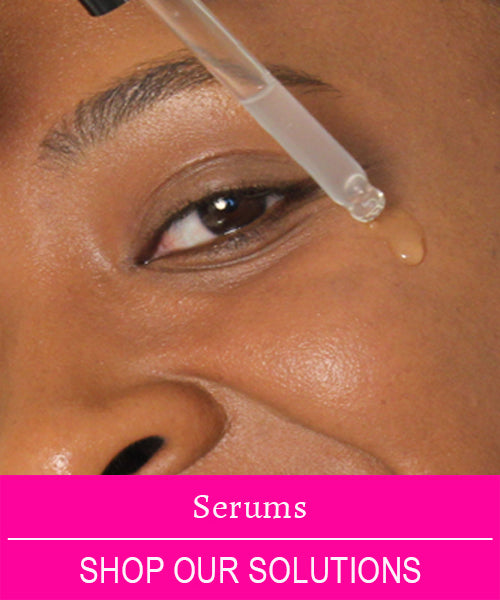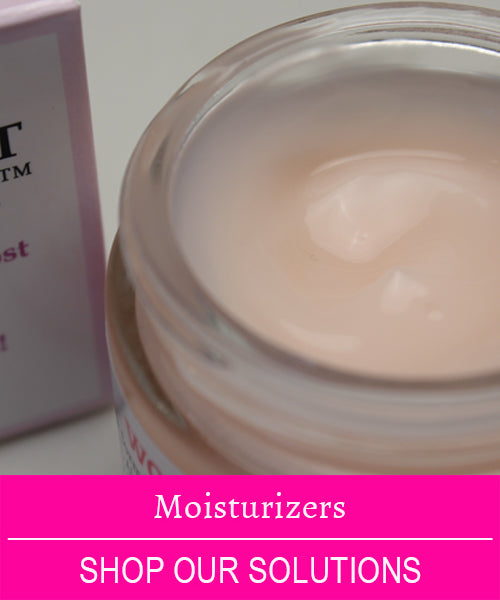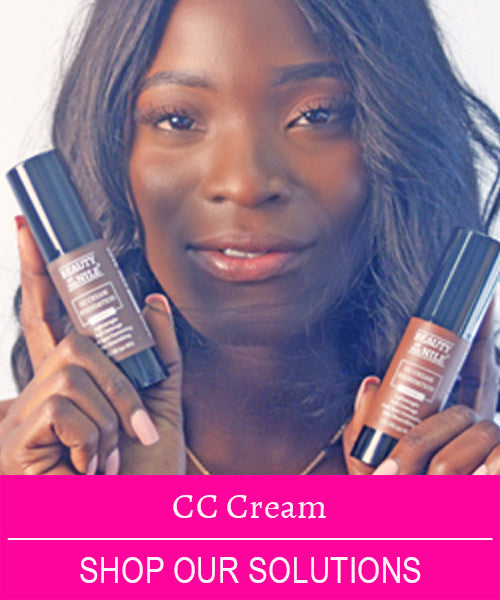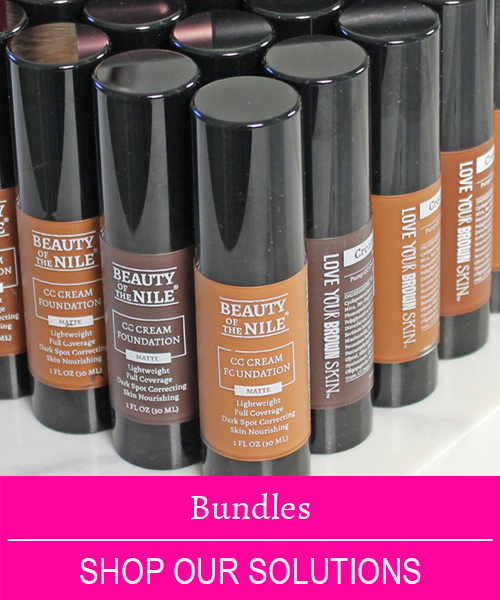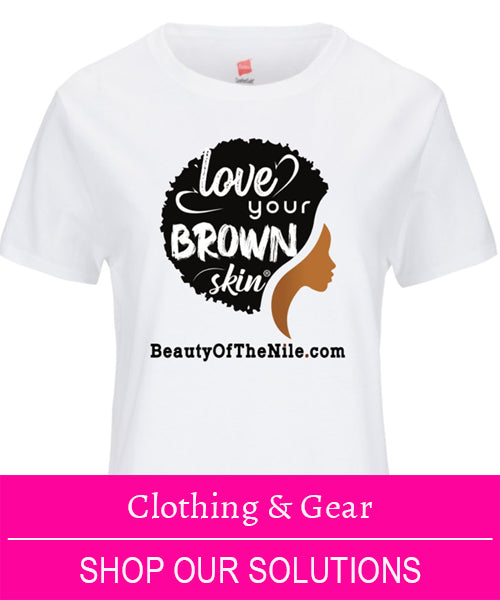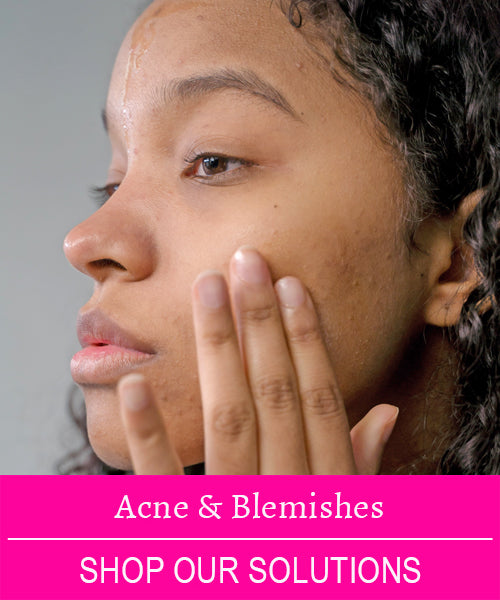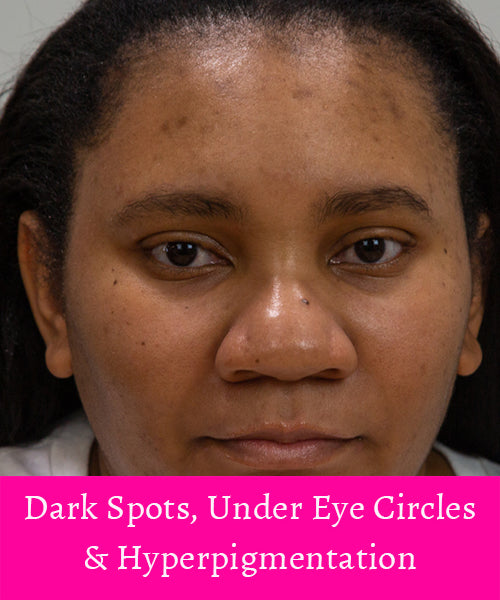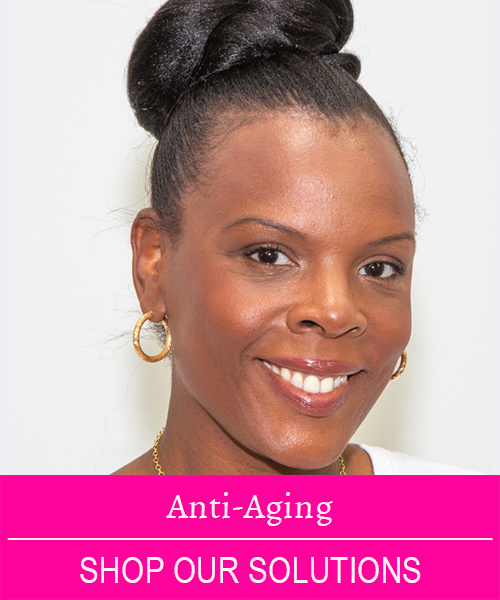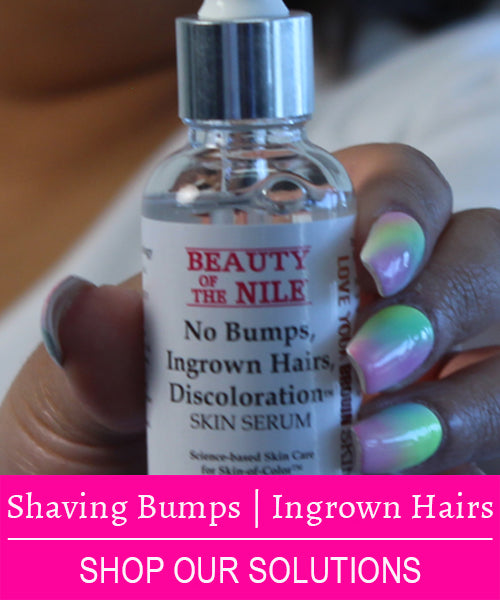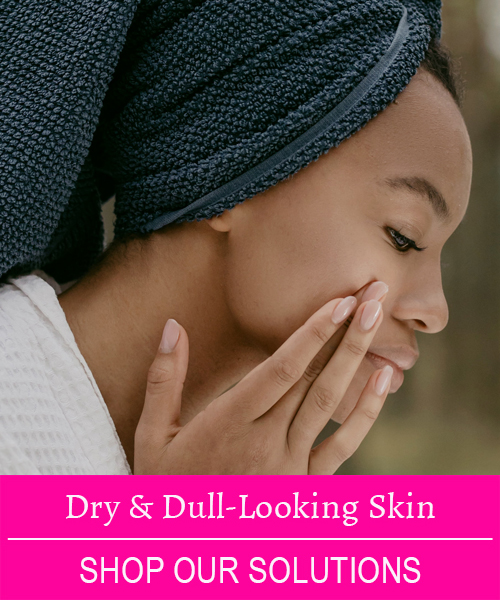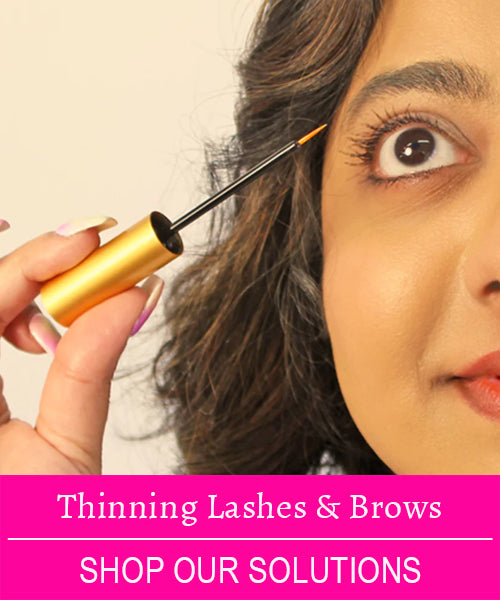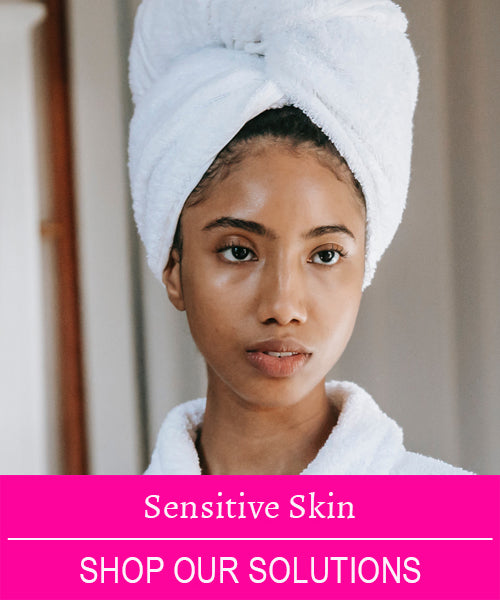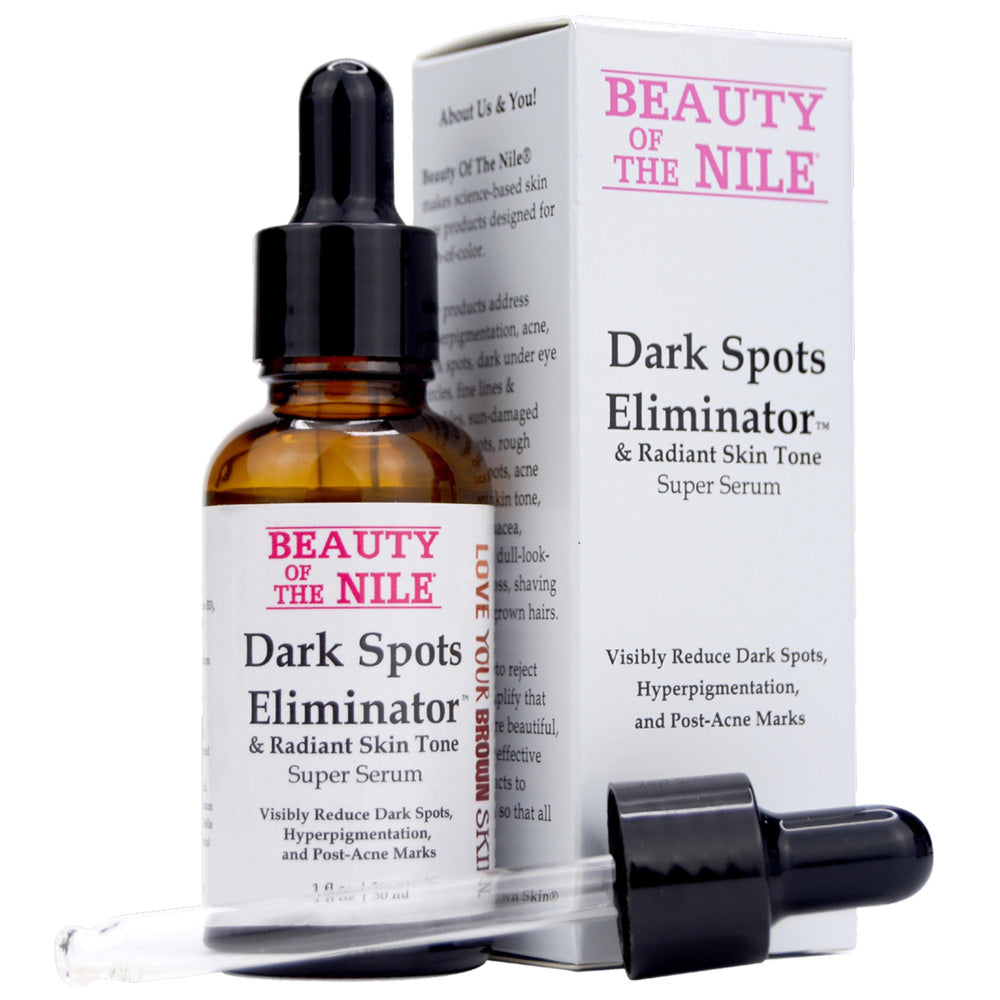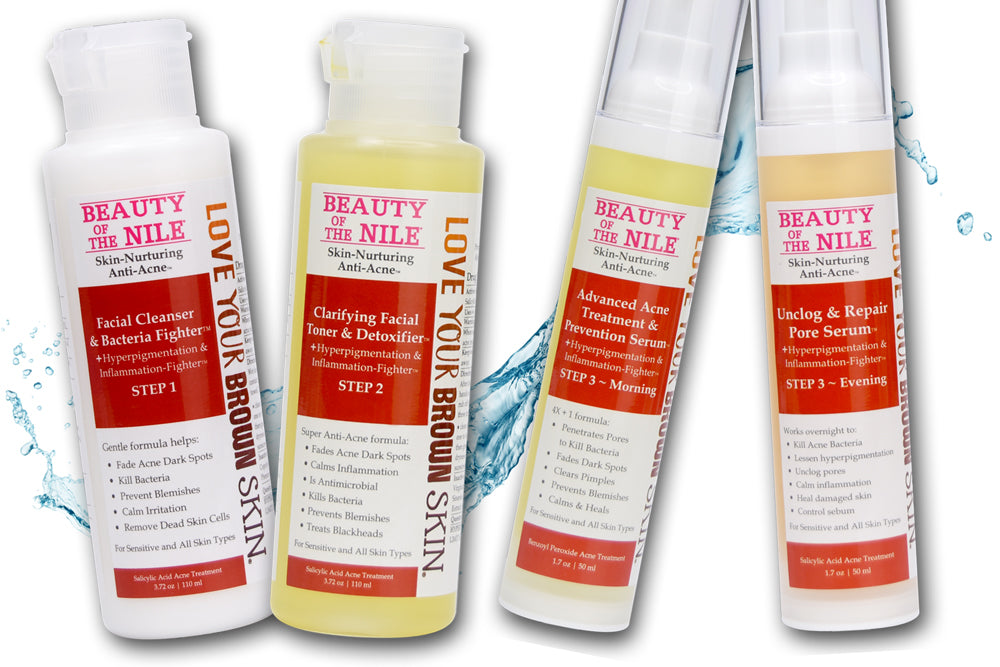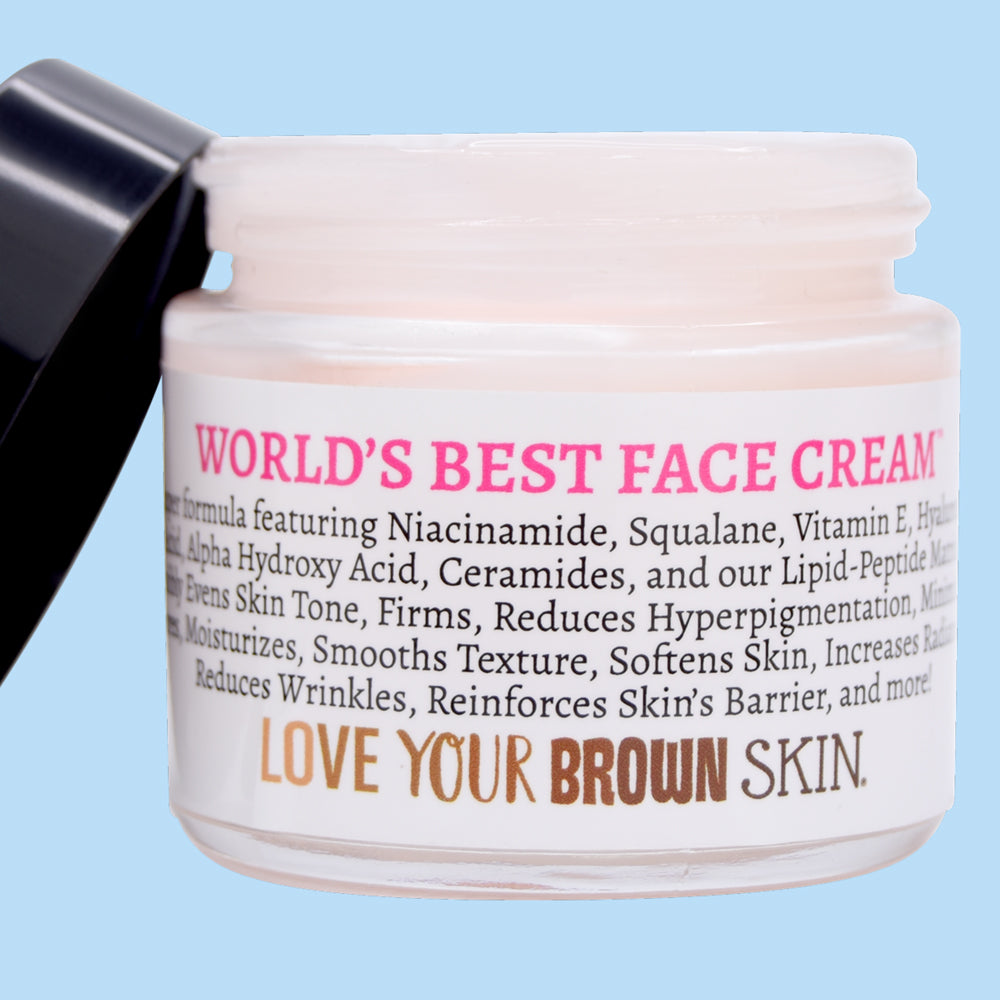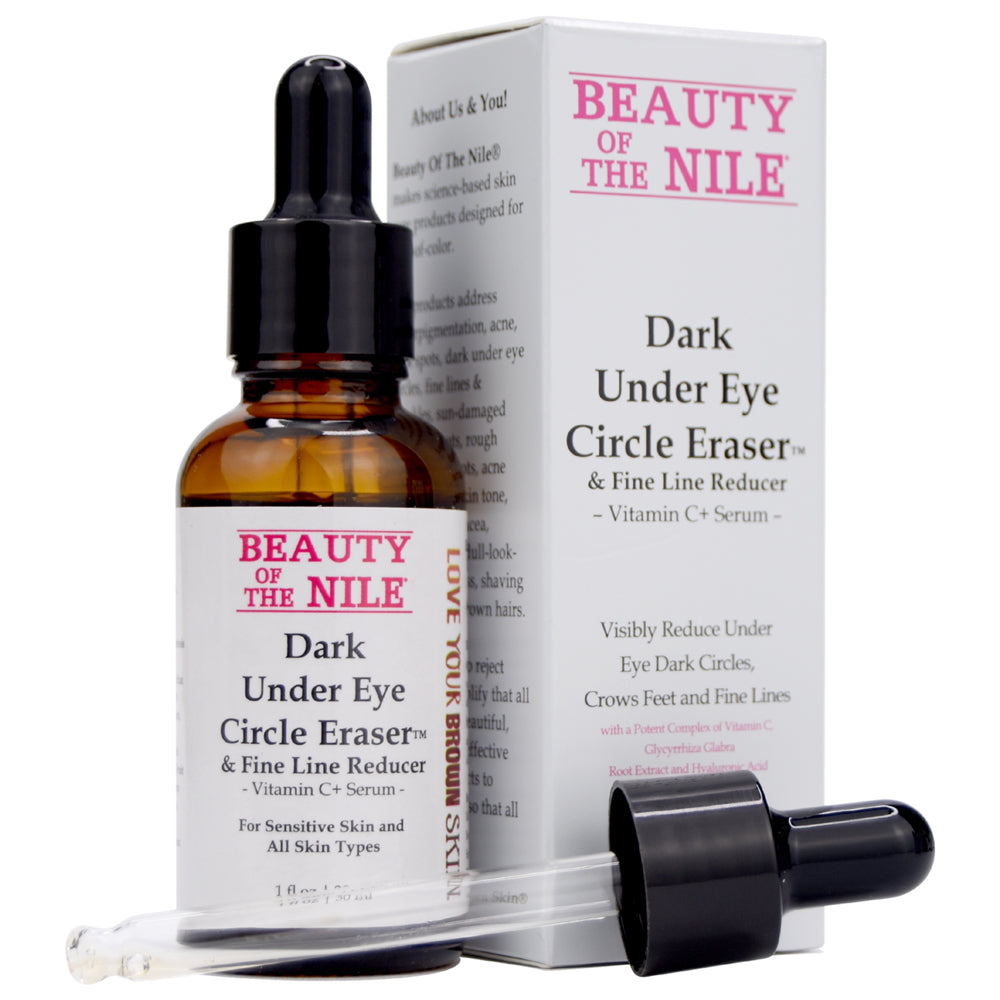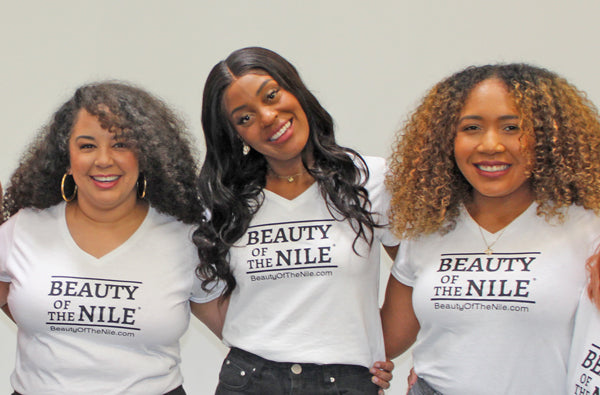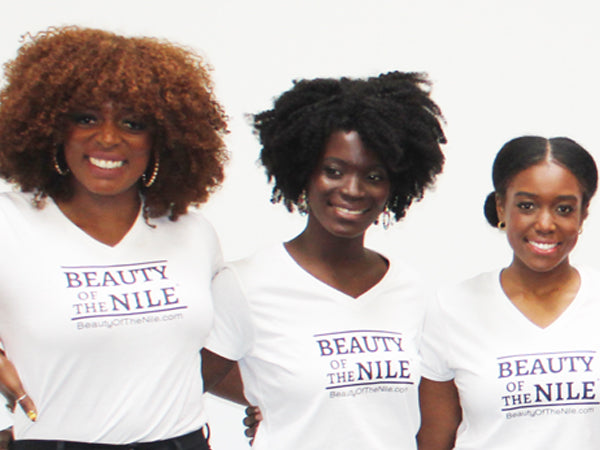13 Ways Colorism in Societies Around the World Has Ruined Skin Care for People-of-Color (and What We Can Do About It!)
By the Beauty of the Nile® Content Team
What is Colorism?
Colorism is a treacherous bias of hate of others and self-hate that is based upon the relative darkness or lightness of one’s skin color. It is a part of cultures around the world. It is seen between cultures and most horribly, within cultures (and families!) where the people have been made to believe by their oppressors, the media, communities, and even family members that they are not-as-good as another person, co-worker, citizen, or sibling… if their skin color is darker – and they are better if their skin color is lighter. To practice colorism is to be insane. Colorism is a poison of the mind that must be crushed.
~ Darryl L. Mobley, Co-Founder – Beauty Of The Nile
Colorism has led to people of darker skin tone being less likely than their White or lighter skin toned peers to get jobs, health care, raises, equal treatment by the legal system, quality education, appropriate treatment by the police, job promotions, interview opportunities, income increases, bank loans, business investments…
Colorism has also led to the skin care industry showing little to no interest in developing high quality skin care products that are designed to address the unique needs of the planet’s more than 3.5 billion people-of-color.
Brown skin tones have only just started to be centered in makeup brands. Still, the vast majority of beauty brands cater to the mainstream audience’s light skin tones. If you’re able to find your tone-adjacent foundation in a store, then colorism doesn’t hit as hard for you. Most of us with darker skin tones have a very difficult time finding makeup shades that actually match our skin tone.
- - - - - - - - - - - - - - - - - - - - - - -
HELPFUL RESOURCES
- - - - - - - - - - - - - - - - - - - - - - -
The issue of colorism is even more pronounced when it comes to skin care products. It is an indefensible shame how little effort Big Skin Care Companies put into developing and marketing skin care products that actually work on skin-of-color.
They’ll often take a product that was developed for White skin and not tested on or designed for skin-of-color, slap a new label on it, and then market it as if it will work on darker skin tones. They lie!
Well, no more. Now we have Beauty Of The Nile’s line of skin care products that were 100% developed to address the unique skin care needs of skin-of-color.
Beauty Of The Nile® works with experts on skin-of-color – dermatologists, estheticians, and product scientists – to make the best science-based skin care products designed for the needs of skin-of-color.
Their products have you covered from hyperpigmentation to acne to dark spots to dark under eye circles to wrinkles to sun-damaged skin to age spots to rough skin texture to sun spots to acne scars to uneven skin tone to large pores to rosacea to dry/ashy skin to dull-looking skin to hair loss to shaving bumps to ingrown hairs to dry & cracked heels to protection from the sun.
So, Beauty Of The Nile® is a solution to the longstanding problem of bias in skin care products.
Now I feel comfortable sharing with you the 13 Ways Colorism in Societies Around the World Has Ruined Skin Care for People-of-Color (and What We Can Do About It!).
-
Skin Bleaching
One of the most blatant manifestations of internalized anti-Black colorism (and anti-darker skin in general) in skin care is demonstrated in the use of skin bleaching products.
Skin bleaching tends to be commonly heard of in countries like Nigeria, Ghana, India, and other Asian and Middle Eastern countries. Indeed, in many countries it is common for families to make their daughters take baths in skin whitening solutions!
- - - - - - - - - - - - - - - - - - - - -
HELPFUL RESOURCES
- - - - - - - - - - - - - - - - - - - -
Market research shows that skin lightening is at least a $4.8 billion industry and steadily rising.
Products in the skin lightening industry can cause long-term medical issues like skin and breast cancers due to the harsh chemicals used to permeate the skin to inactivate the melanocytes. Typically, these products are based in hydroquinone, an organic compound in the subgroup of phenols. It can be used in therapeutic doses for hyperpigmentation as it decreases the number of melanocytes in the skin.
However, bleaching agents that cover more of the body tend to be more potent, and therefore create more risk for health issues.
In the ‘90s and ‘00s, we had AMBI products for skin lightening creams and cleansers that only had 2% of hydroquinone. However, even that small amount created some issues for those of us with brown skin tones and hyperpigmentation. In some cases, these lightening agents can exacerbate hyperpigmentation by allowing lighter areas to become more prominent, making hyperpigmented sections look more contrasted than before. For example, you could use an AMBI face wash and have your forehead, cheeks, and chin become lighter than the other areas of your face. These products were actually recalled due to adverse effects like swelling, rashes, and ochronosis (skin discoloration that isn’t typically permanent). An even skin tone is typically desired amongst various shades of brown skin, yet bleaching creams can make our skin concerns worse atop the medical conditions in the long run.
-
Poor Representation in Medical Dermatology
Dermatology (in schools) is most often taught by White doctors and its teachings center on White patients. People-of-color represent about 40% of the US population and Black people comprise about 14% with Hispanic people at about 18%. That said, only a small single-digit percent of dermatologists are of-color.
Medical literature taught in these institutions often suggests that “all skin is the same,” and that it’s not worth doing the research to make distinctions outside of the population majority.
- - - - - - - - - - - - - - - - - - - - - - -
Click the Red Button to Join the Love Your Brown Skin® Movement
- - - - - - - - - - - - - - - - - - - - - - -
-
Medical Misdiagnosis
Poor representation in medicine leads to poor health outcomes when it comes to skin care. Dermatologists often aren’t able to detect skin cancers properly for people with brown skin because our skin tones aren’t included in their curriculum.
As examples: Eczema on brown skin looks vastly different than on light skin. Rashes don’t usually look red or pink on brown skin, but can look like a darkened area with a purplish tinge.
An article medically reviewed by Dr. Ross Radusky (a practicing board-certified dermatologist at the Dermatology Treatment and Research Center in Dallas) shows delayed diagnosis for Black patients with Lyme disease. Lyme disease is a treatable condition caused by tick bites, like deer ticks, and typically shows up on lighter skin as a red bullseye-like rash. However, darker skinned patients don’t always present Lyme disease with a target-like rash that is easily presented on White skin.
For Black and brown patients, Lyme disease can present as a simple scaly patch at the location of the bite, a reddish-brown circular rash (that could easily be mistaken for another condition), or even just a heavily localized change in skin texture. Lyme disease is a medical condition that is easily treated with a course of antibiotics with a timely diagnosis.
Without a timely diagnosis based on skin presentation, Black and brown patients can suffer pain, fatigue, and concentration issues for longer periods of time. Even COVID-19 toes, a recent dermatological discovery throughout the pandemic, look different for those who show symptoms with COVID infection. Red, slightly swollen toes are blatantly presented on fair skin, whereas an untrained dermatologist may not catch this on darker skin tones right away.

-
Lack of Research
Due to the likelihood of misdiagnoses, and the resultant mistrust of the healthcare system, Thiose of us with skin-of-color aren’t as likely to be included in clinical trials for new skin care products and procedures. On the bright side, we have had some recent research that showed the dermatological harms of relaxers and skin lightening products. Of course, this is long after these products have been introduced to our market.
Lack of training, lack of curriculum, and lack of scientific knowledge about Black and brown skin across various conditions puts darker skin tones at a disadvantage out of simple disinterest and subpar medical care.
-
Laser Treatments
Laser treatments were not initially created to work on skin-of-color. Laser treatments are meant to permeate to the deeper layers of the skin to create a longer lasting effect for hair removal and hyperpigmentation treatment. These treatments can often create more hyperpigmentation than before, in addition to potential swelling, rashes, acne, infections, keloids and scarring.
However, according to Dr. Carlos Charles of Derma di Colore (a Dermatology practice in New York, NY), there have been new laser treatment procedures that are fit for brown and Black skin, especially when used by a board-certified dermatologist who is experienced with darker skin tones.
-
Poor Makeup Product Choices
It’s true that makeup and skin care often go hand in hand. But, I suggest that colorism has permeated the makeup industry the deepest, due to the direct connection of lighter skin to the setting of beauty standards.
"How deep is the brainwashing? I submit to you the seeming automatic efforts by many makeup artists to lighten the skin of their Black or dark skin models, entertainers, and actors! These entertainers sit down in the makeup chair one tone and get up from the makeup chair two tones lighter. Ridiculous!"
~ Darryl L. Mobley, Co-Founder – Beauty Of The Nile
There is no debate that Brown skin is portrayed as inadequate and “less-than” across the globe. And this has led to fewer choices when it comes to makeup products. After all, why provide choices to those you think are not within the accepted range of beauty standards?
However, recently we’ve seen more products on the market that include skin care ingredients in their makeup (like Beauty Of The Nile’s® amazing CC Cream) so we’re often able to care for our skin concerns while giving ourselves the look we want in that moment.
-
Poor Skin Cancer Detection
As with common and treatable medical conditions like Lyme disease mentioned above, skin cancer isn’t as easy to detect in dark skinned patients. Not only do skin cancers (melanomas) often present in areas that aren’t highly visible, once shown to board-certified dermatologists, they aren’t often diagnosed as such.
Black patients are 3 times more likely than their White counterparts to have cancer detections at later stages in the development. This means that Black and brown patients have a lower survival rate without the early detection that benefits our lighter skinned counterparts.
For example, Jamaican music mogul Bob Marley died as a result of a metastasized melanoma that initially occurred as a dark spot under a toenail. However, since Marley assumed this was as a result of a soccer injury, he didn’t receive the medical attention he needed.
Here’s how we can solve these issues:
-
Live Beauty Of The Nile’s® Popular Mantra: Love Your Brown Skin!®
You see, once we love our brown skin, we will feel empowered to hold industries, cultures, families, and ourselves accountable for how we are treated as customers and how we treat each other. We will get respect when we respect all of who we are.
Love Your Brown Skin!® Spread the word.
-
Listen to the Skin Concerns of People-of-Color
First and foremost, beauty and skin care brands need to know their market. If they aim to be inclusive, which more brands are including in their marketing campaigns, they need to do research on actual and cultural needs surrounding skin care. You can’t cater to a group of people you don’t actually know about.
-
As Consumers, choose Dermatologists, Estheticians, and Information Sources That Clearly Love Skin-of-Color
If your dermatologist , esthetician or medical adviser does not have experience dealing with the needs of skin-of-color, I have one word of advice: Run!
The real problem when it comes to skin care is not so much the medical profession not liking people-of-color. The real problem is an industry that suggests that all skin is the same, when it clearly is not. At best, this is lazy thinking. At worse, it’s just not caring. Even if unintentional, this bigotry of sustained ignorance & hubris by the medical profession makes getting quality skin care harder and the skin care received more treacherous for Black and brown people. In the end, this attitude leads to people-of-color being treated as less-than and being brainwashed over the span of time to believe that they are less-than.
See some of Beauty Of The Nile’s® suggested dermatologists here. We like them and their knowledge of our skin’s uniqueness and we think you will as well.
-
Include Brown Skin in Upfront Research and Development
Where skin care is concerned, the chemists that skin care companies work with ought to have the full range of skin tones in mind. Darker skin responds differently to the same chemicals that lighter skin gets exposed to.
The best way to ensure that beauty and skin care products on the market are effective is to ensure that your team of chemists, dermatologists, and estheticians are experienced with brown skin, like the research and development team here at Beauty of the Nile®, which unlike other companies is 100% dedicated to the needs of skin-of-color.
-
Include Brown Skin in Clinical Trials
Not only should brown skin be centered in research and development, skin-of-color needs to be centered in the clinical trial phases once the products have been manufactured and require testing.
We hardly see Black and brown patients participate in medical trials, and beauty and dermatology trials are no different.
We’ll need to know if something like an AMBI cream or laser treatments would cause more hyperpigmentation problems BEFORE the product gets to market and into our skin!
-
As Consumers, Choose Only Those Skin Care Products That Prioritize Your Unique Skin Care Needs
Let’s keep it simple, before you buy, check out the skin care company’s background, Who started the company? What’s their background? Do they have a reason to stand before you and profess their dedication to your skin care needs? Are they believable? Check out Beauty Of The Nile’s® About Us section.
Or, are they grifters trying to make a quick buck off of you and they have no real dedication to your skin care needs? I could link to companies like this; but, you already know who they are.
The Bottom-Line
Colorism is an abhorrent iteration of an historic need to normalize European dominance. It’s been so deeply entrenched that many of us (people-of-color) don’t even need to be told that we are less-than. We diminish ourselves trying to be mini-me’s of our oppressors long after we kicked the interlopers out of our countries. (You know which countries I am talking about!)
Let’s push onward to reimagine skin care standards that are inclusive of the color range and…Love Your Brown Skin®.
Please note – for the purpose of Skin Care: We use Black skin, Brown skin, and skin-of-color interchangeably when discussing people-of-color. When we use the term people-of-color, we intend to mean those whose skin tone is not White and who are Black, Hispanic, Asian, Native American, Mediterranean, Pacific Islander, or of Middle Eastern descent.

